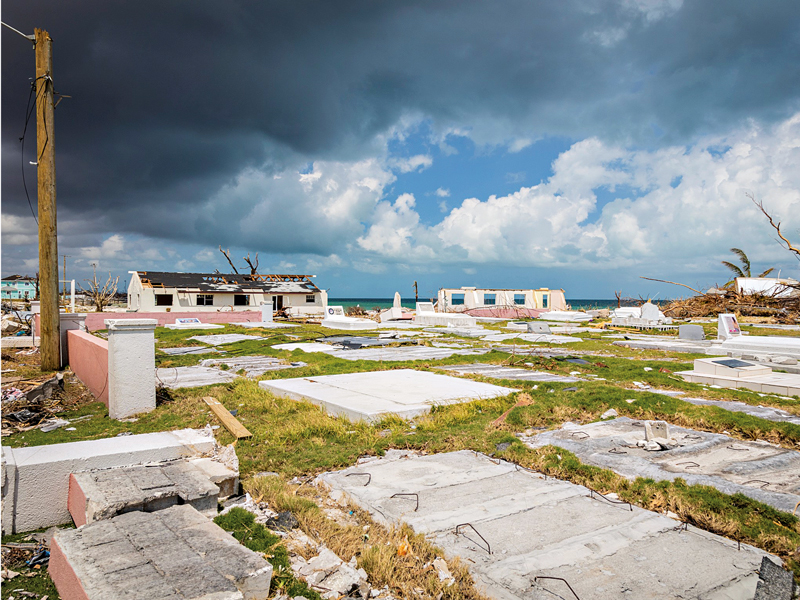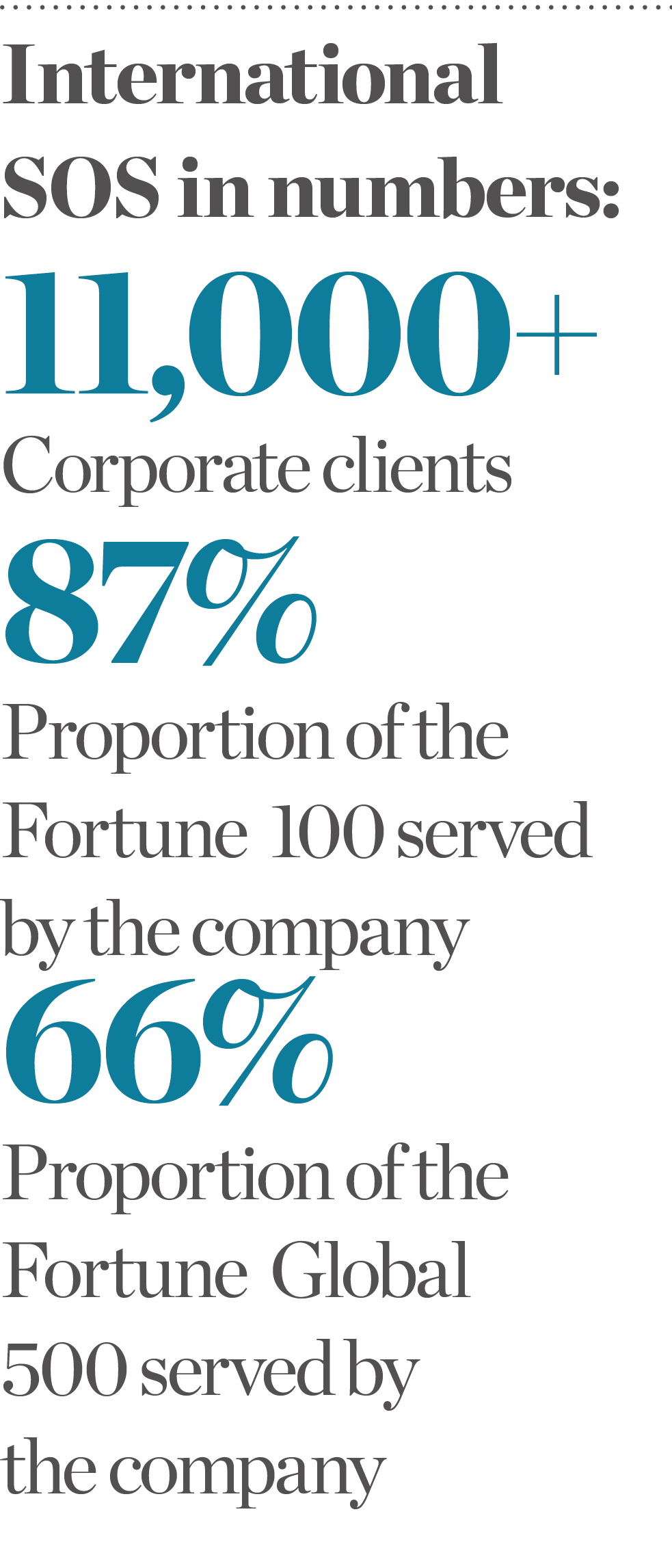
With rapid technological advancement making it easier to connect with individuals around the world, businesses are becoming increasingly global. Employees also wish to be more mobile, with PricewaterhouseCoopers reporting that 71 percent of Millennials want (and expect) to be part of an overseas assignment during their career. Of course, these developments bring with them a wealth of change, but businesses must not become so preoccupied with new global opportunities that they lose sight of their duty to protect their workforce.
The threats facing employees are diverse and touch established and emerging economies. The risk of terror attacks and social unrest has become a part of 21st-century life. In January 2019, for example, an attack on the DusitD2 complex in Nairobi resulted in 21 fatalities. Meanwhile, natural disasters are increasingly frequent: this year saw some of the most intense tropical storms on record, such as Hurricane Dorian in the Bahamas and Cyclone Idai, which hit Mozambique, Malawi and Zimbabwe. Cyber risks, too, are on the rise, with ransomware attacks growing by 350 percent annually, according to cybersecurity company Cisco.
The threats facing employees are diverse and touch both established and emerging economies
Prepare for any eventuality
Businesses must develop preparedness measures for their travelling employees, whether they are sending them to locations with a reputation for being dangerous or to those that are largely considered safe. It is important to remember that a business hotel in a well-trodden city poses its own unique threats. For example, travellers often have no option but to rely on potentially unsecure public data networks and USB charging stations that can be accessed by cybercriminals.
Businesses must also be aware of countries’ differing cultural attitudes, as they might threaten the safety of employees. Factors such as gender, ethnicity and sexuality could increase the risks faced by some employees. As such, companies must carefully research and prepare for such attitudes, ensuring that their employees’ security remains the primary concern. Failing to adequately prepare can result in unsuccessful assignments, increased human capital costs, potential litigation and far-reaching reputational damage, not to mention the distress felt by the employee.
The golden hour
To keep an increasingly mobile workforce safe, businesses must garner accurate insights from a range of sources to fully understand the challenges present in any location. Using global intelligence and on-the-ground experts makes it easier to monitor and forecast emerging events so travelling employees are always taken care of. Whether businesses are dealing with an inconvenience or a threat to life, timely, clear and precise risk assessment is critical to protecting people and business continuity.

Technological developments such as artificial intelligence (AI) can make security analytics even more accurate. By combining expert analysis with AI, businesses can create a bespoke picture of the environment their employees are entering. Local intelligence is also an asset, as having an intimate knowledge of the area makes it easier to respond quickly to any scenario. Additionally, having boots on the ground means someone is available 24/7 if a situation escalates. To ensure employees are never left stranded, companies should be contactable through multiple channels.
When it comes to protecting and saving lives, every second counts. In the event of an emergency, businesses must be able to locate employees, assess their status and communicate with them easily. In crisis management, the ‘golden hour’ refers to the first hour after an incident, when emergency efforts are most critical. A plan of action for the golden hour should be laid out before any corporate trip.
International SOS is a pioneer in the crisis management space, offering medical and security services to businesses and their employees. It was the first company to offer traveller tracking and is now trusted by more than 11,000 corporate clients, including 87 percent of Fortune 100 companies and 66 percent of the Fortune Global 500.

